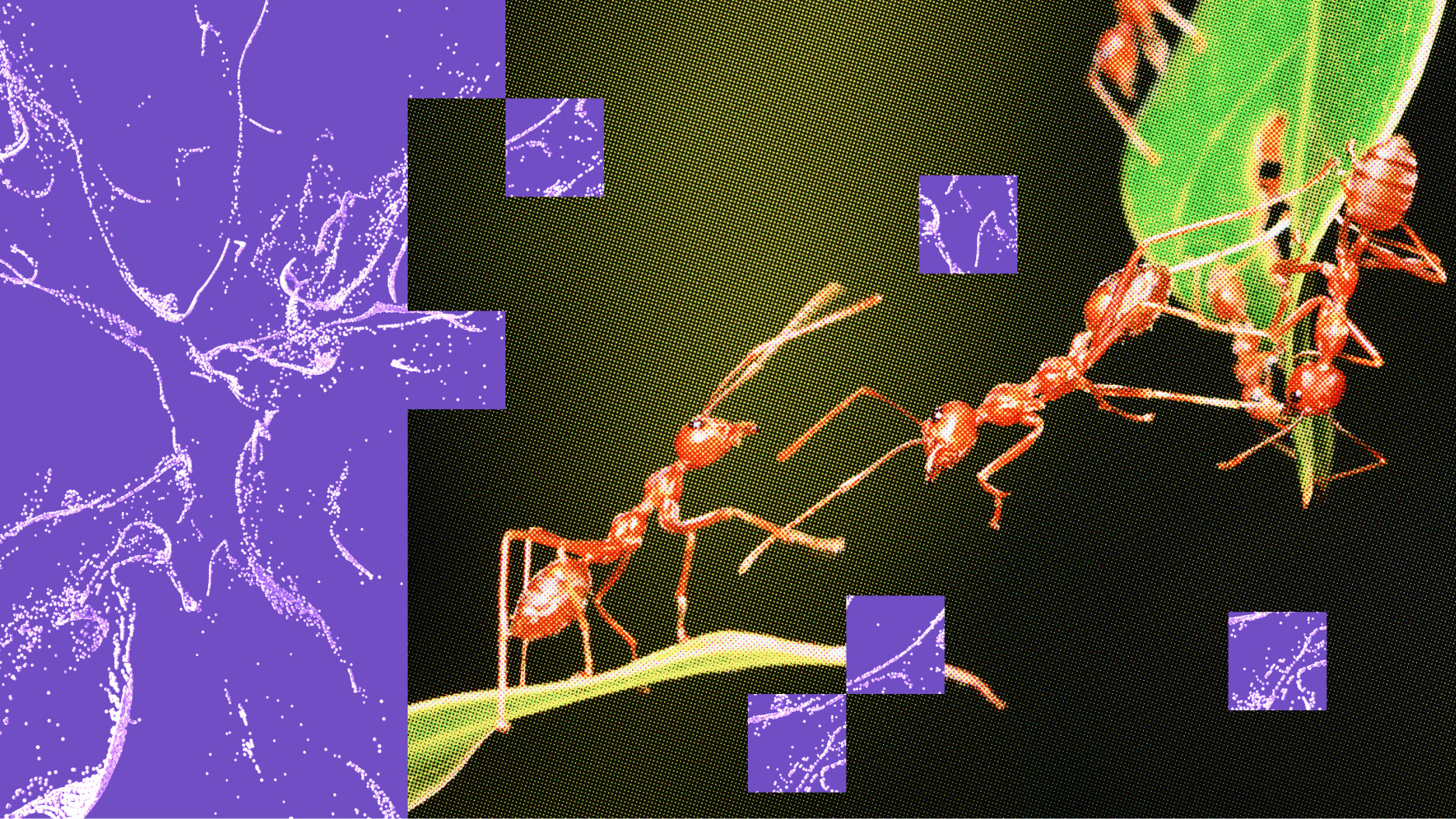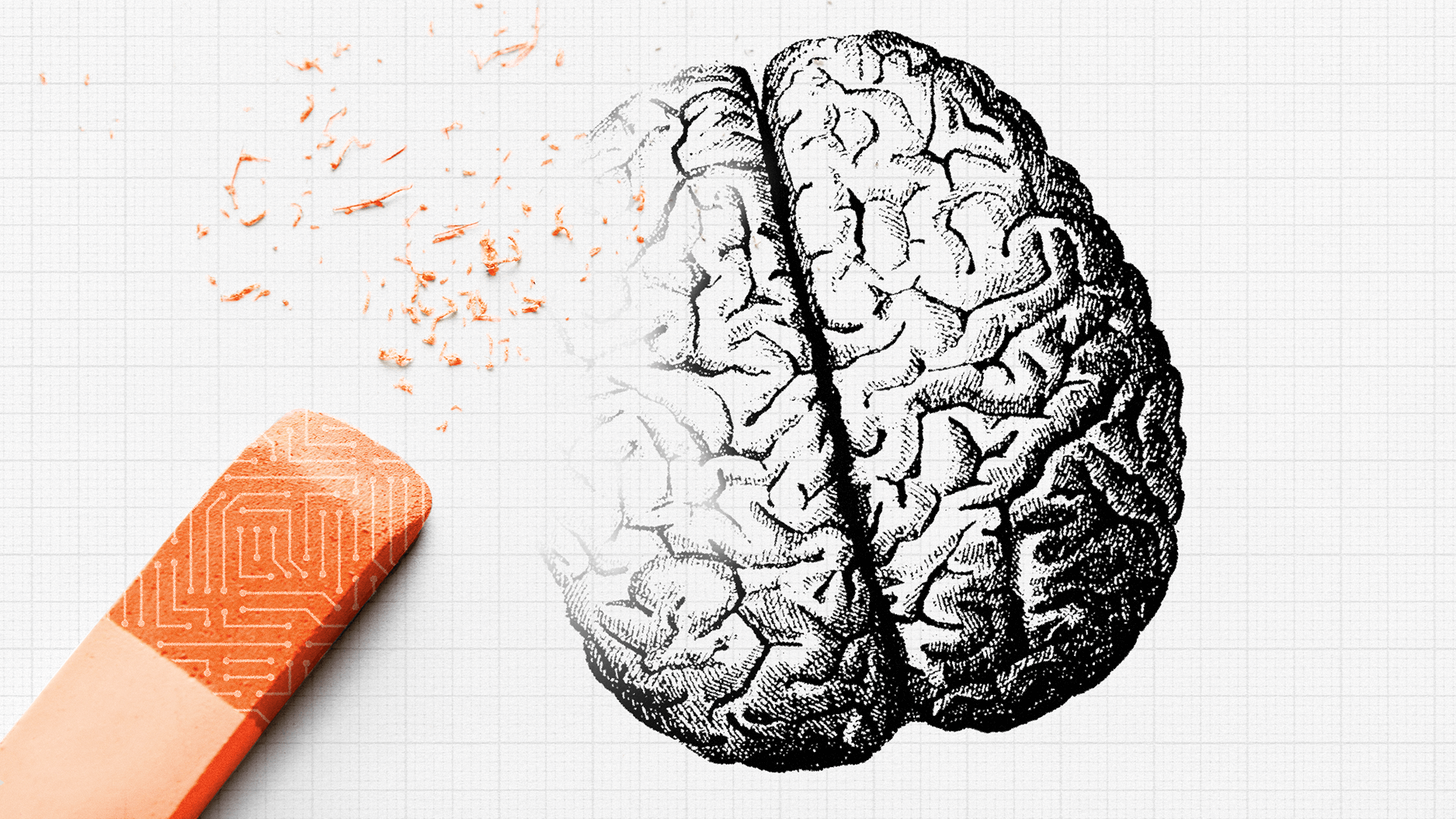Author and public intellectual Salman Rushdie knows his way around a good word or two. It’s made him one of the most celebrated and widely-read authors of the last 50 years. But he has an open mind that one day a machine might be able to emulate him. He remembers an era not too long ago where people were deriding computer chess programs, saying that they would never beat grandmaster human players. It only took a couple of decades until those that chided the chess AI had to eat crow, Salman posits, so why should writing be any different? Salman Rushdie’s latest book is The Golden House.
Salman Rushdie: You know, I never say never. I mean I remember... I mean I’m sort of an amateur chess player—that’s what I’m interested in: chess, and I remember back in the day when computers were first being taught to play chess that people said that they would never be able to beat the real great, the grandmasters and the world champions. And for a long time that was true—that the world champion players and the great grandmasters were able to overcome the computer.
Uh, not true anymore. It’s not true anymore. Computers are certainly as good if not better as any human player. As computer memory and sophistication has increased, it has outstripped human memory and sophistication.
So I don’t know, it seems to me the thing that makes a writer a good writer is not just the technical skill with language, not even being able to find and tell a good story, it seems to me that first of all there’s a relationship with language that the best writers have, which is very much their relationship.
If we read to Hemingway we would know it’s Hemingway because he has a particular relationship with the language; if we read James Joyce or William Faulkner we know it’s them, and if we read Garcia Marquez same thing.
So that’s the first thing, is when I’m looking at work I’m trying to see what is the relationship with language.
And the second things are how you see the world—like do you have a good ear? Are you good at listening to how people really speak? Do you have a good eye? Are you good at seeing the world in an interesting way?
And then finally the greatest writers, the best writers have a vision of the world that is personal to themselves, they have a kind of take on reality which is theirs and out of which their whole sensibility proceeds.
Now to have all of that in the form of artificial intelligence—I don’t think we’re anywhere near that yet.
But what is true I think is there’s beginning to be some sense of AI as developing a moral stance, developing an ability to make good and evil choices, right and wrong choices, and that’s a step on the way towards being what one would call human.
So I’m not saying never, I’m just saying I don’t see that we’re there yet.






